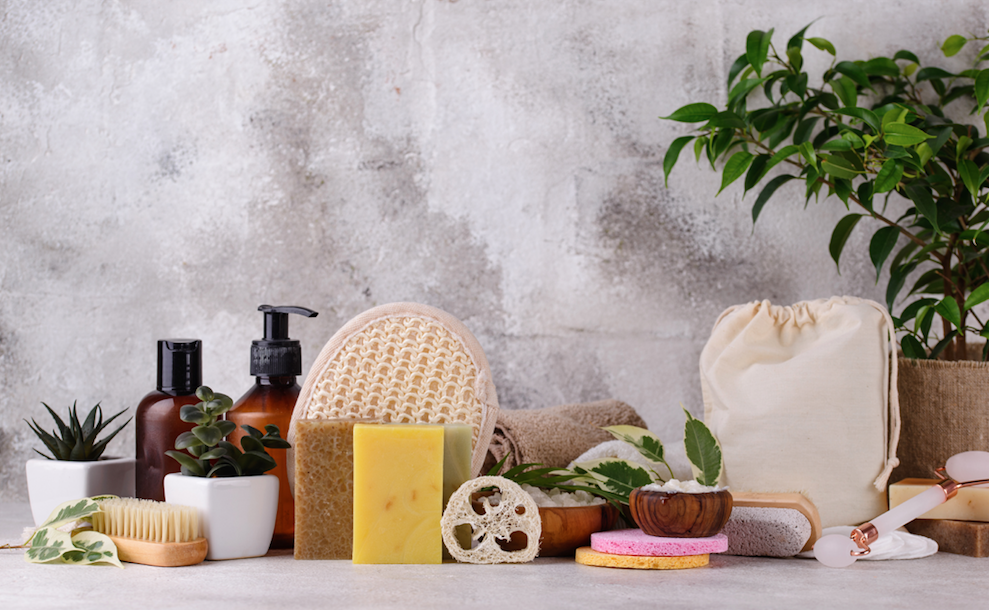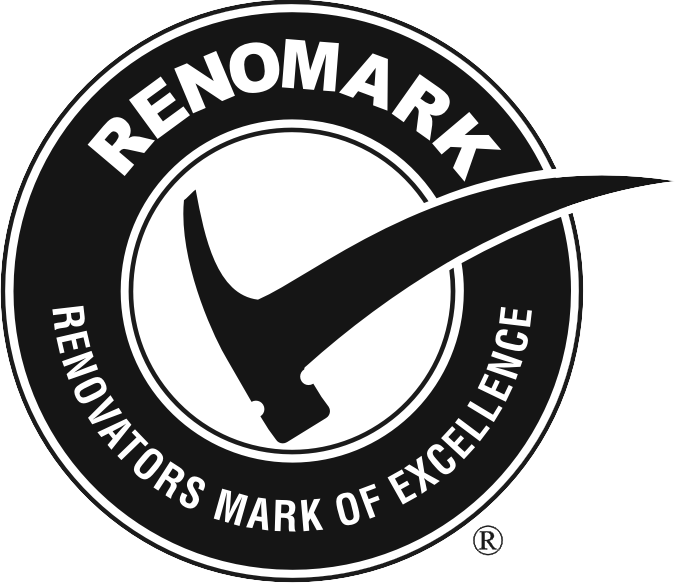The Pros and Cons Of Tiled Vs Quartz Kitchen Backsplashes By Renu

Backsplashes are a crucial aspect of kitchen design as they add functionality and aesthetic appeal to your space. When choosing a backsplash for your kitchen, tile and quartz are two popular options, both with unique benefits and drawbacks. When deciding, it’s important to consider what will best meet your needs and preferences.
Tiled Backsplashes: Pros and Cons
Pros:
If you’re looking for a cost-effective backsplash option that still provides plenty of style and durability, tiles are a great choice. They’re also easier to install, which helps keep costs low.
Another reason we love tiles for a kitchen backsplash is their durability and longevity. Tiles are ideal for high-traffic kitchens, and they’re highly customizable! You can keep it simple or arrange tiles in various patterns to create a unique look. Although tiles come in a plethora of colour and texture options to meet just about any taste or design style, we recommend to keep it simple. Opting for a neutral colour like white or gray will help you get the most bang for your buck in your renovation, as the design will have more lasting power.
Replacing a damaged tile is a simple task. Because you can replace an individual tile it eliminates the need to replace the entire backsplash which also keeps maintenance costs low. Overall, tiles are a versatile and practical choice for your kitchen backsplash.
Cons:
While tiles have many benefits as a material for kitchen backsplashes, they also have some drawbacks to consider. One of the biggest challenges with tiles is cleaning them, as grout lines can easily accumulate dirt and bacteria. This makes tiles less ideal for those seeking an easy-to-clean surface in their kitchen.
Another issue to remember is the potential for grout stains and discoloration over time, particularly if the grout needs to be sealed properly. Sealing the grout is an important step in the tile installation process and should be done soon after the tiles are laid, and the grout has dried. The purpose of sealing the grout is to protect it from moisture and stains. When you work with Renu, you can rest-assure that your tiles are grouted and sealed properly.
It’s important to think about the maintenance requirements of your tile backsplash when making your decision. Moreover, tiles are susceptible to cracking or chipping, especially if heavy objects like pots and pans hit them. Take these factors into consideration when deciding if tiles are the right choice for your kitchen backsplash.
Quartz Backsplashes: Pros and Cons
Pros:
Quartz is worth considering if you’re looking for a kitchen backsplash that offers both style and practicality. With its uniform appearance and a sleek, modern look, quartz can add a touch of elegance to your kitchen. A quartz backsplash will give your kitchen a cohesive and polished appearance if you already have a quartz countertop.
One of the biggest benefits of quartz is its low maintenance requirement, as it is easy to clean and does not require sealing like tile. Additionally, quartz is a non-porous material, making it resistant to bacteria, mould, and mildew, so it’s a hygienic choice for your kitchen.
Unlike tile, quartz is stain-resistant so that spills won’t affect the appearance of your backsplash. Furthermore, quartz can withstand high temperatures, making it a great choice for areas near the stove or oven. Overall, quartz is a durable, stylish, and low-maintenance choice for your kitchen backsplash.
Cons:
While quartz offers many advantages as a material for kitchen backsplashes, it also has some drawbacks. One of the main disadvantages is its cost. Quartz is generally more expensive than tile, making it a less budget-friendly option. The higher cost is partly due to the more complex installation process, which requires more skill and experience than tiling.
While quartz is available in various patterns and finishes, it may have fewer colour options than tile. Another issue to remember is that quartz is a heavy material, making it difficult to handle and cut for installation. This, combined with its more complex installation process, may make hiring a professional necessary to fix any cracks or chips in the future. If you are considering quartz for your kitchen backsplash, carefully weigh the costs and benefits.
Conclusion:
Both tile and quartz backsplashes have benefits and drawbacks. Deciding between the two is all about your personal preferences, budget, and the look you are trying to achieve in your kitchen.
If you’re still unsure which backsplash option would suit your tastes, budgets and style, we can help. We have a beautiful selection of both tiles and quartz, along with experienced and knowledgeable professionals who can guide you through the process and help you achieve the kitchen of your dreams. Reach out today at: 905.415.8595 to get a quote for our kitchen renovation services. Or, click here to get an estimate.



